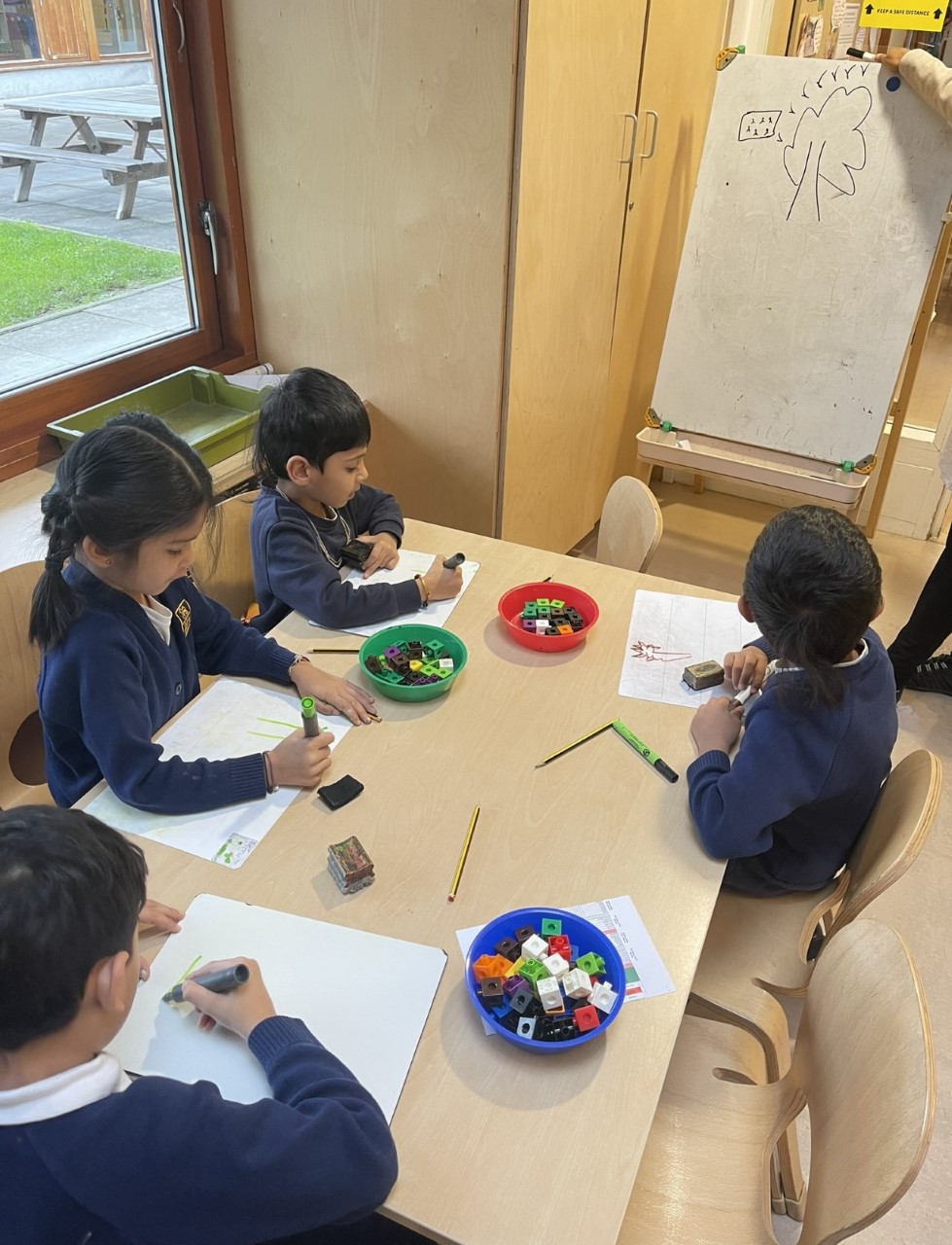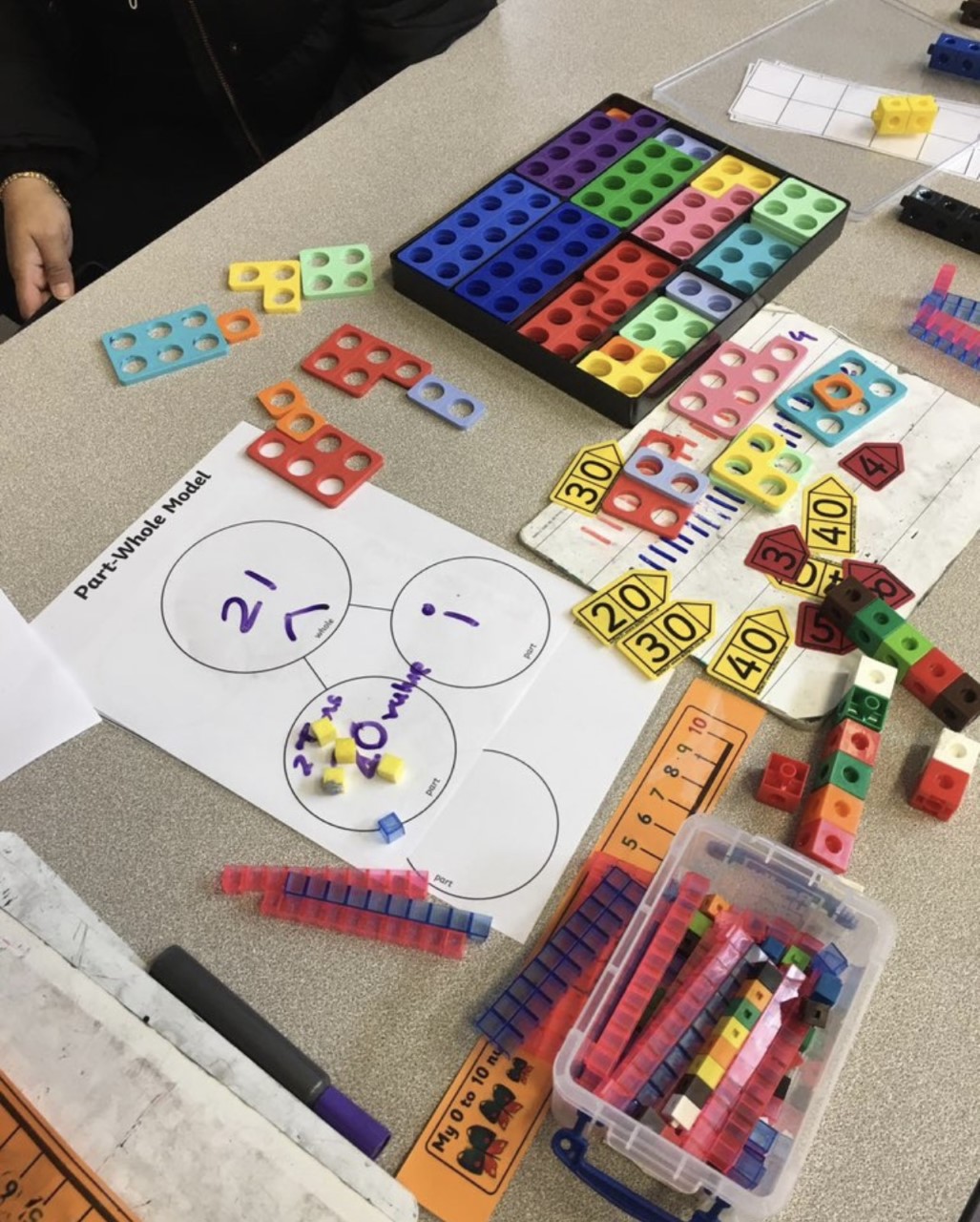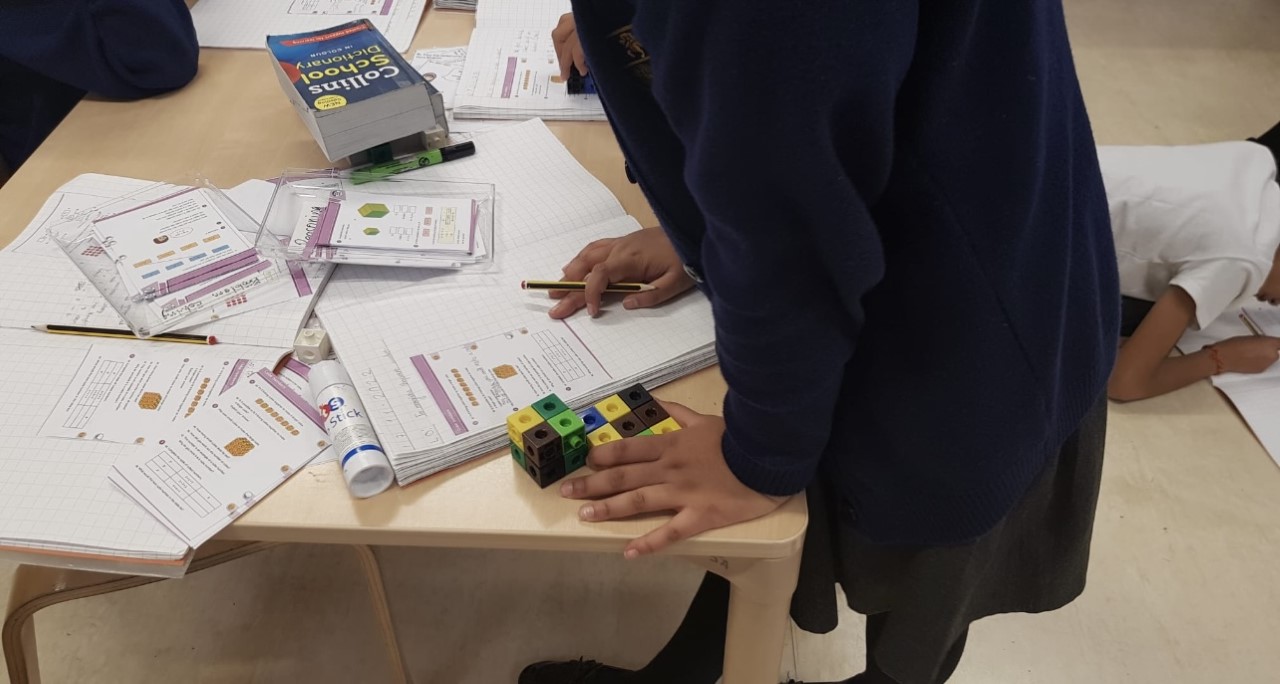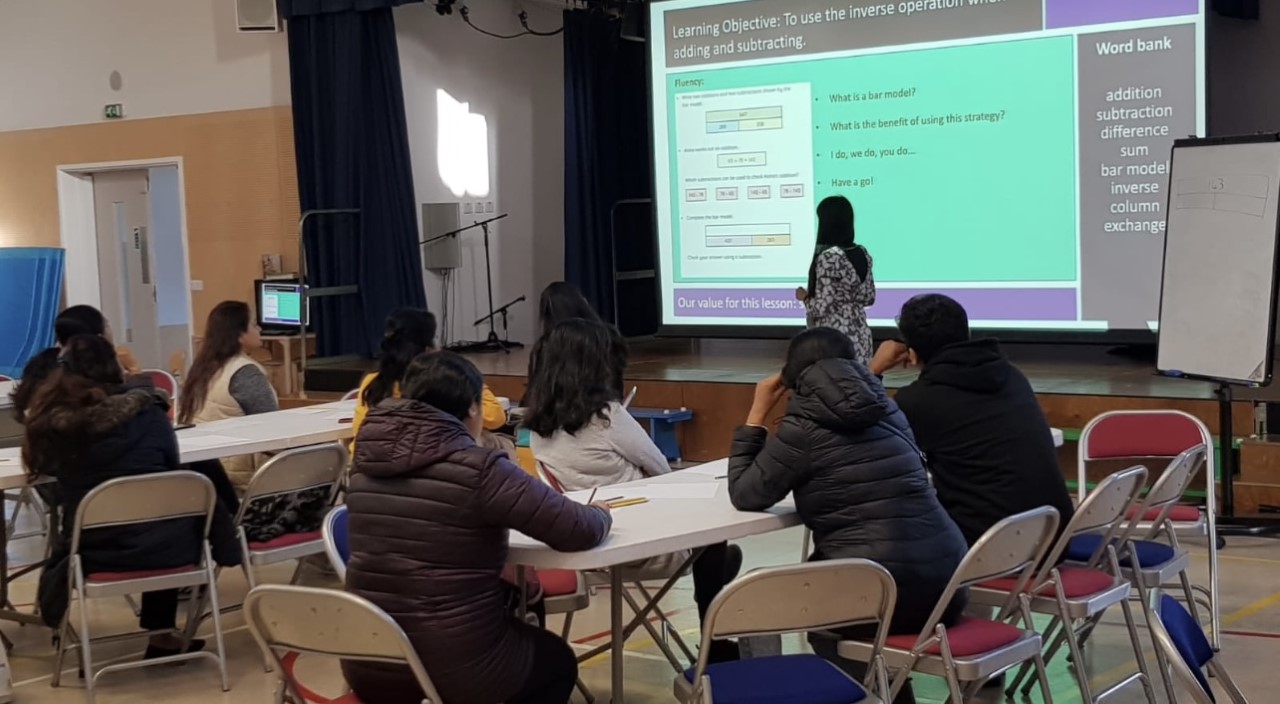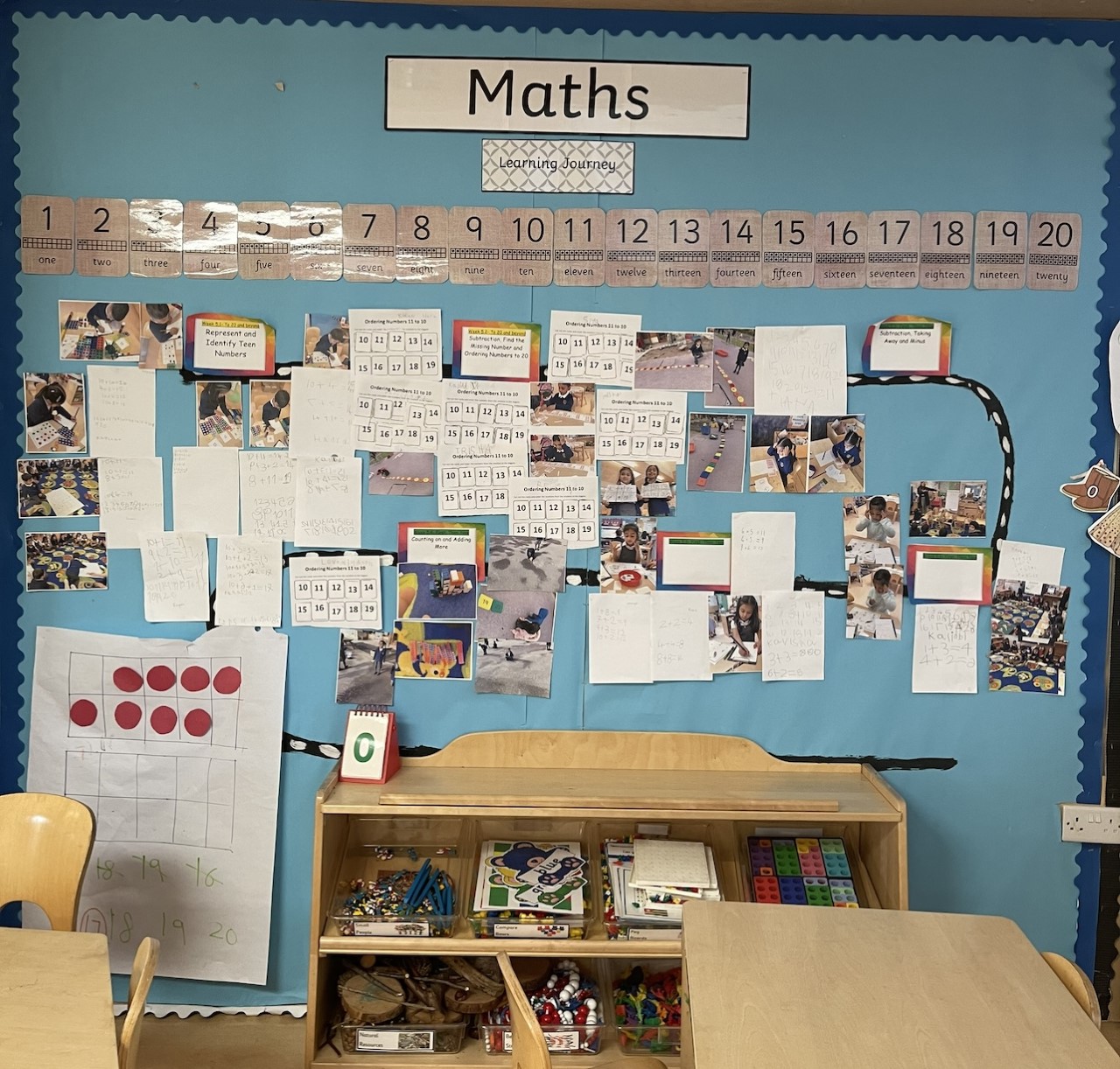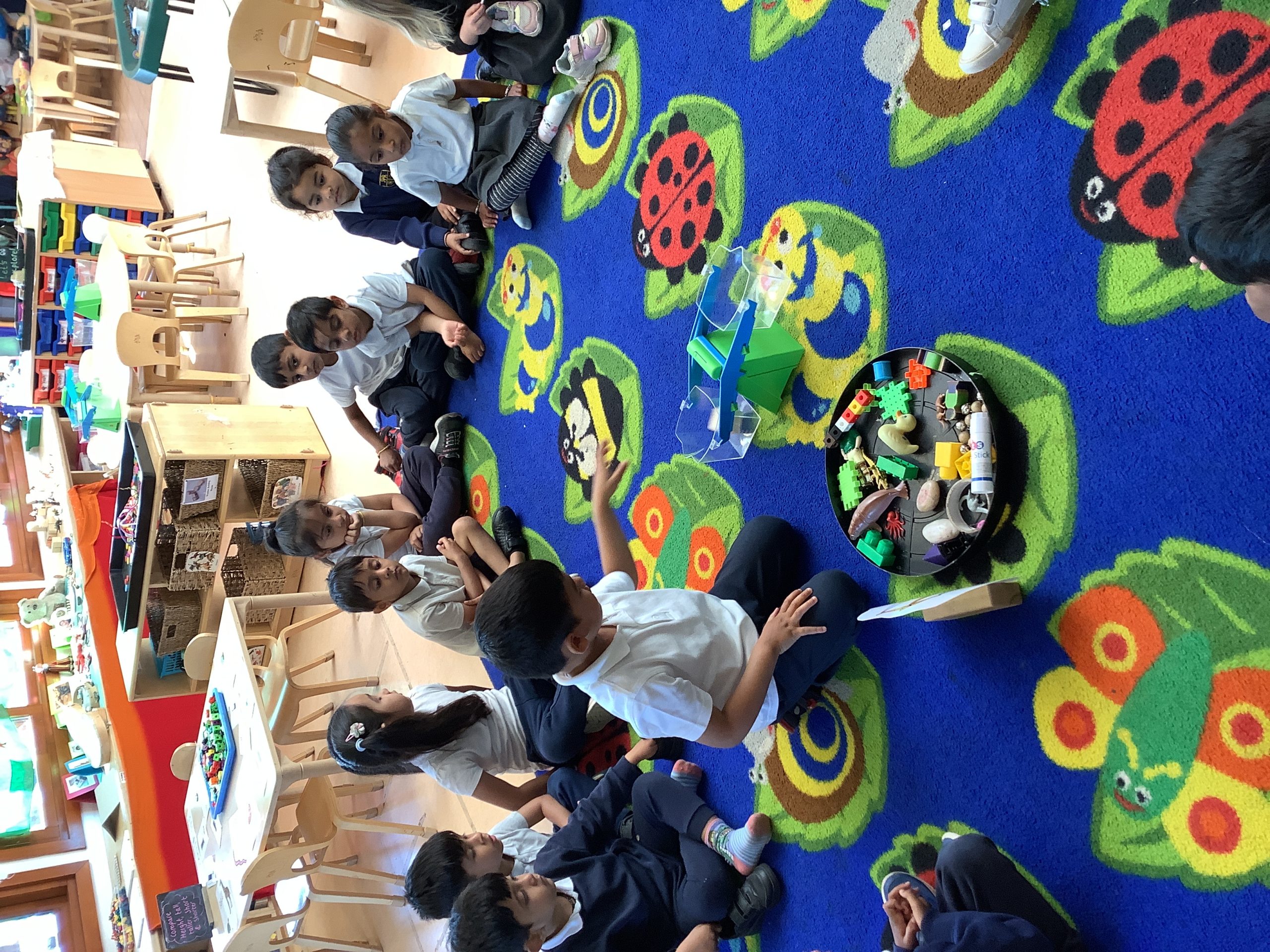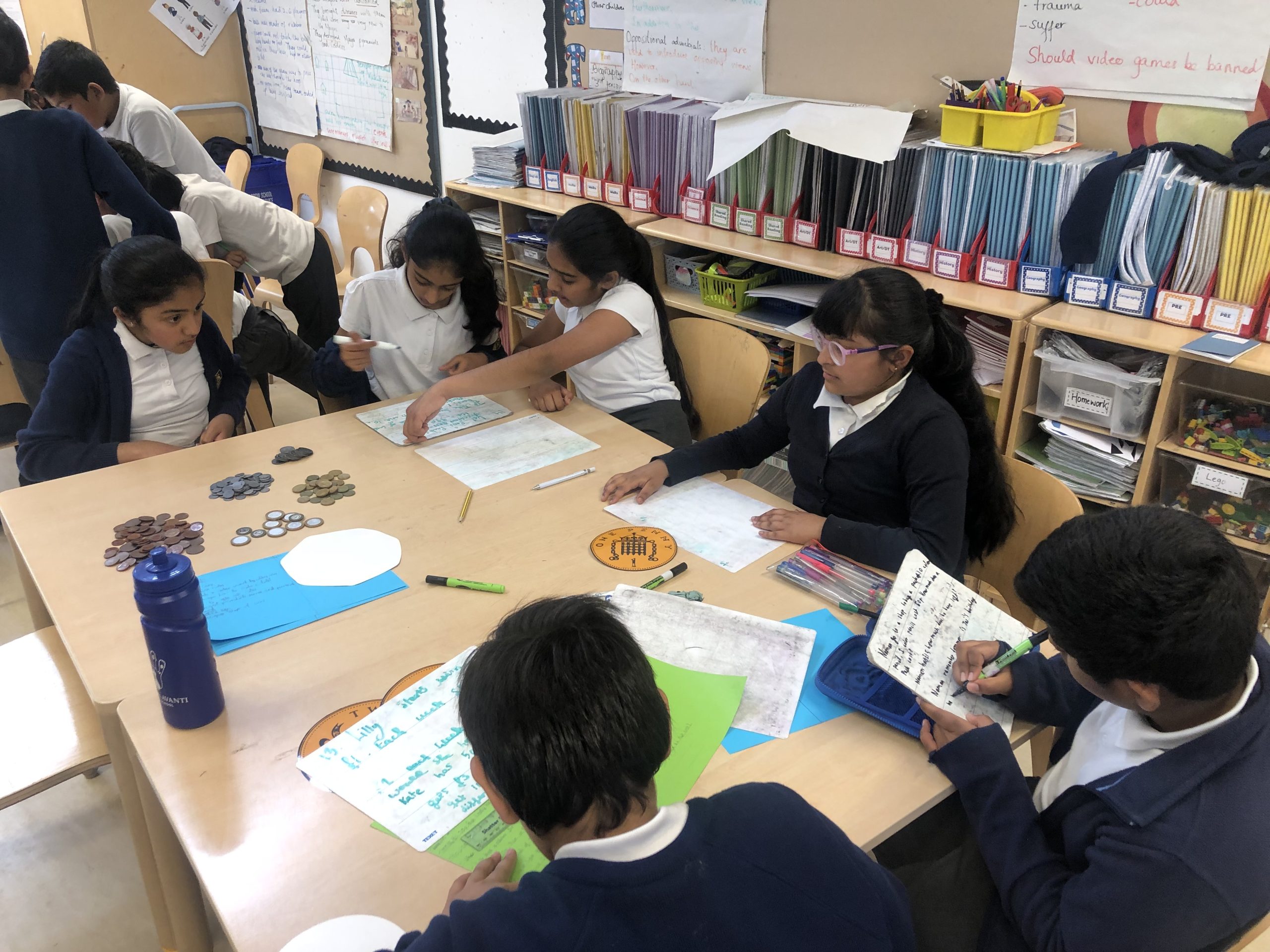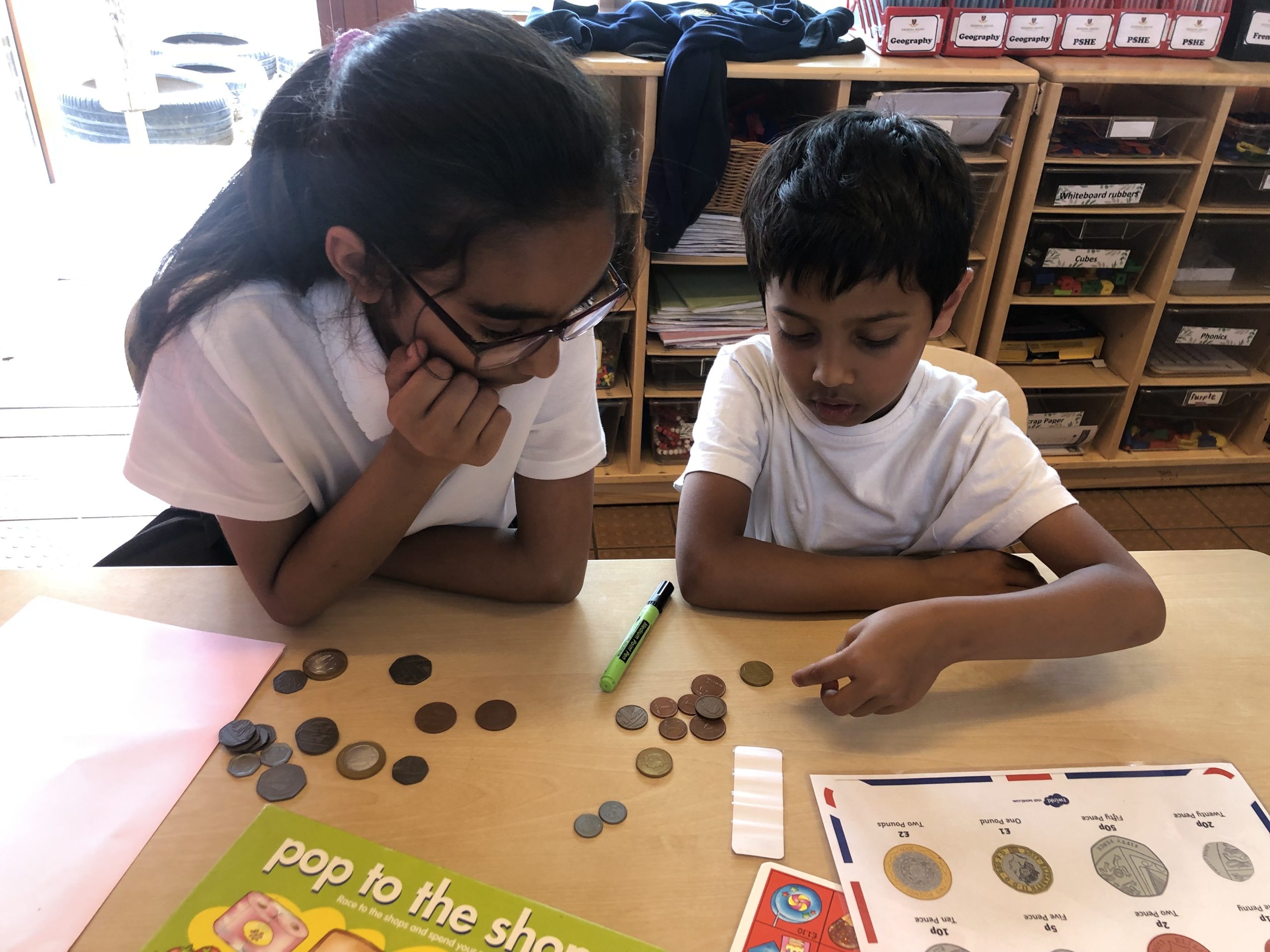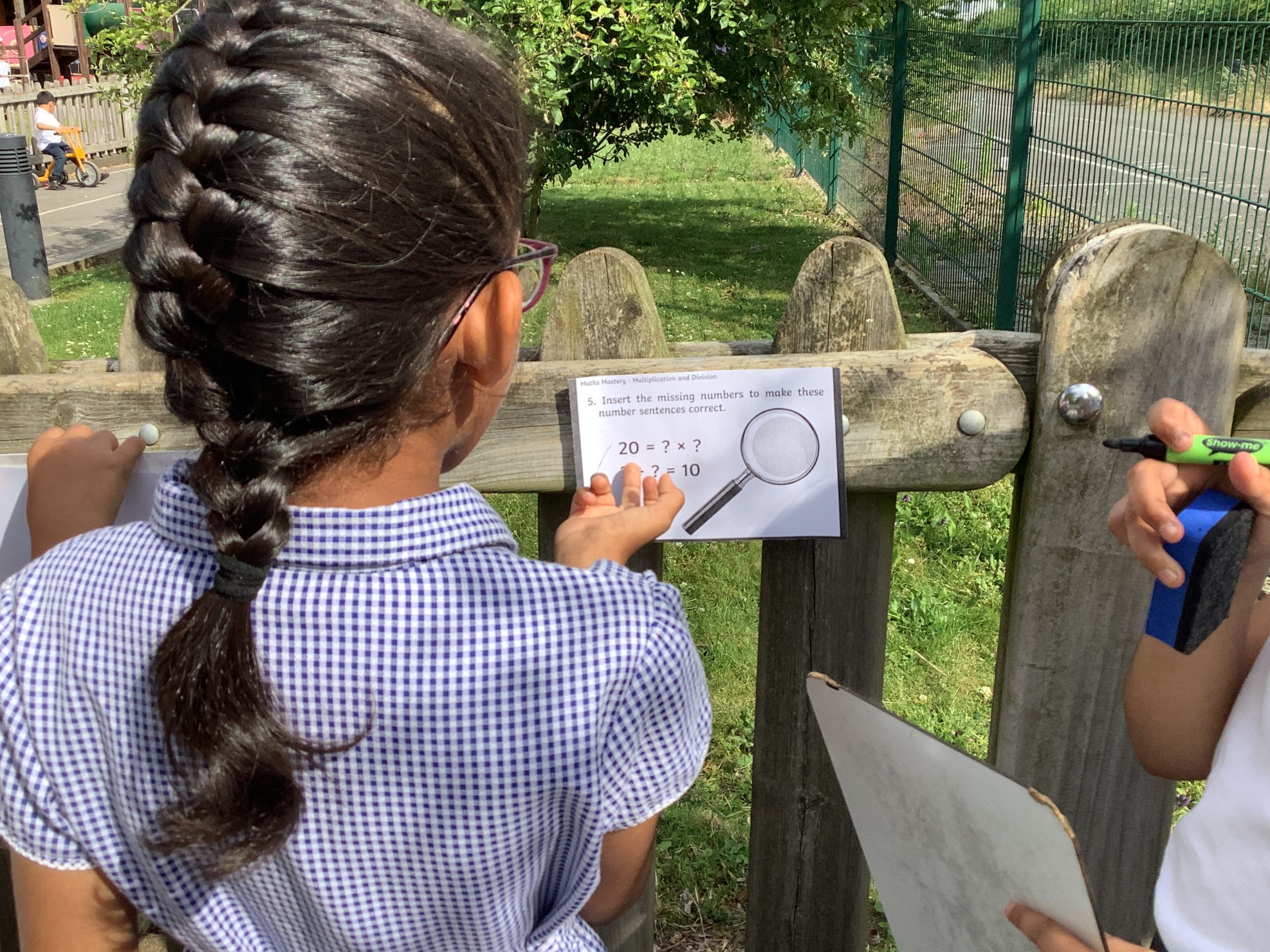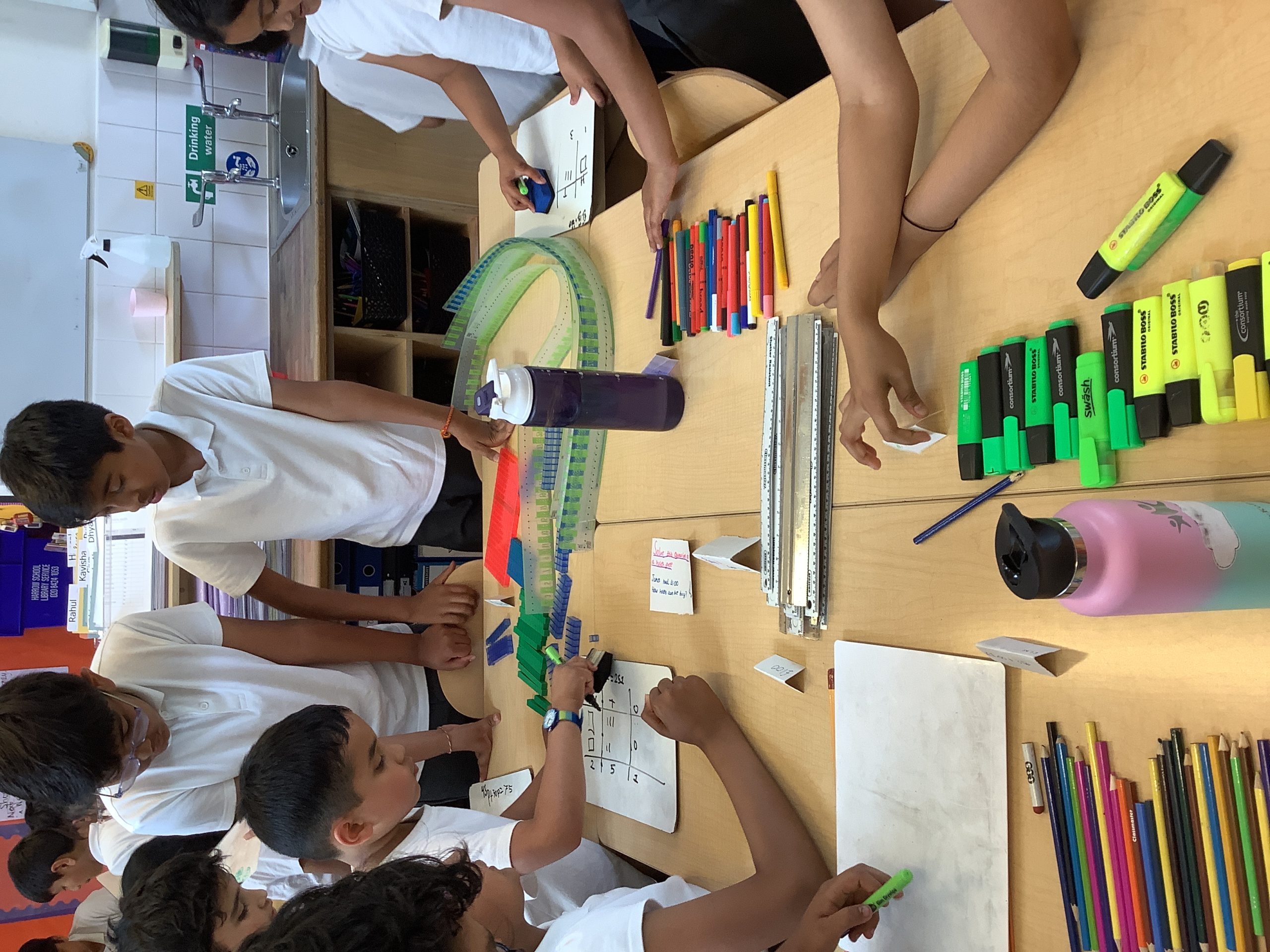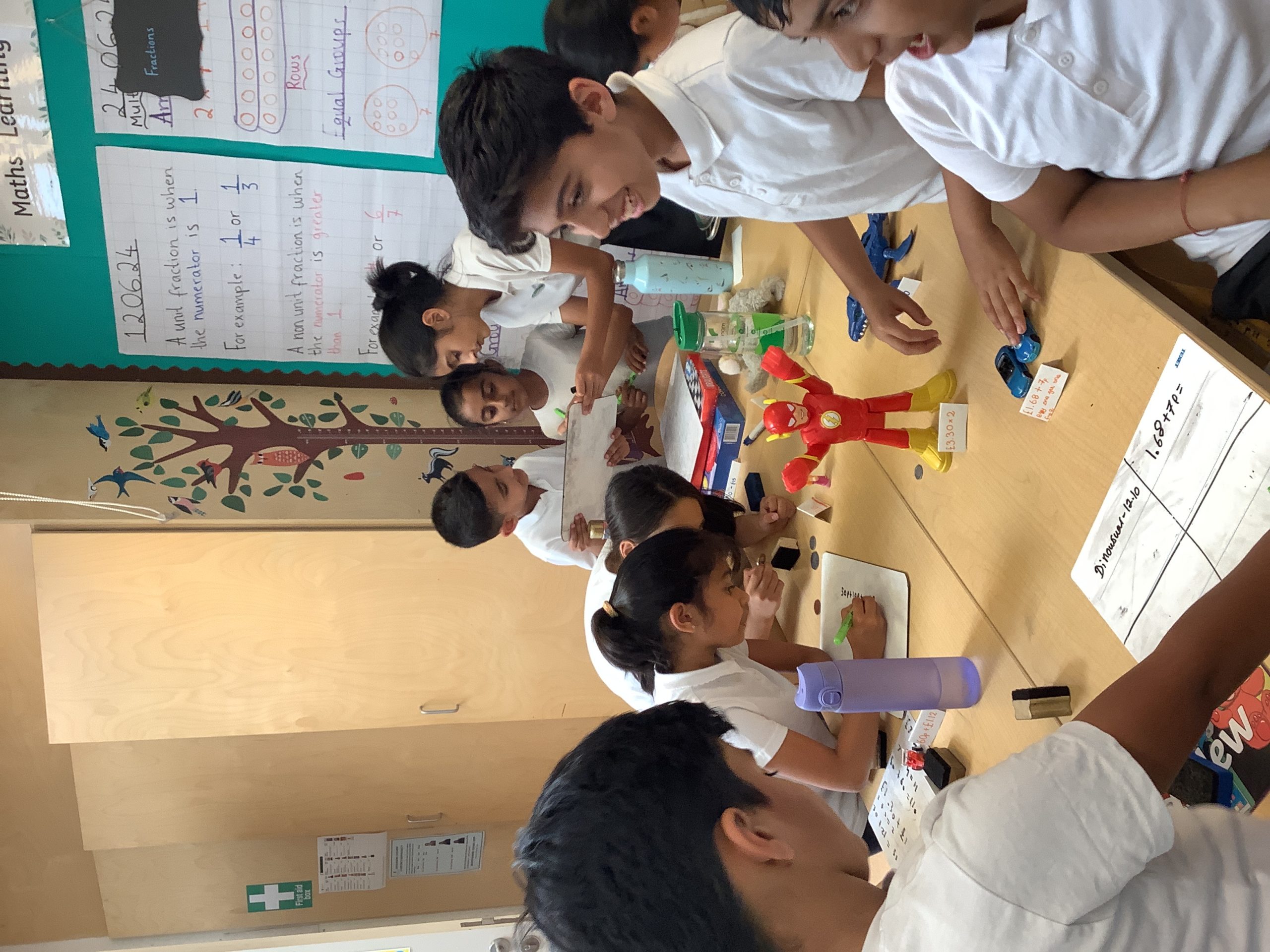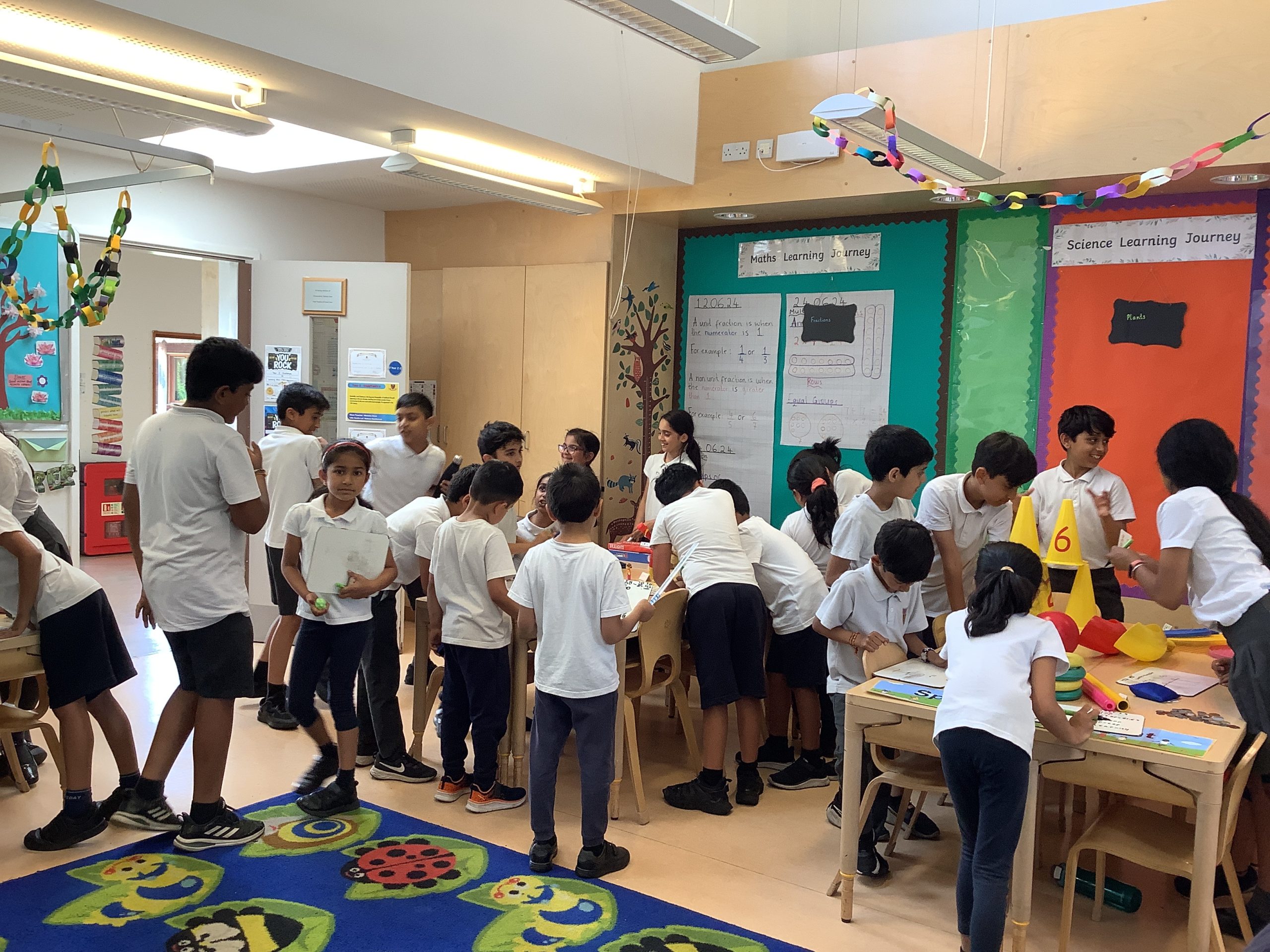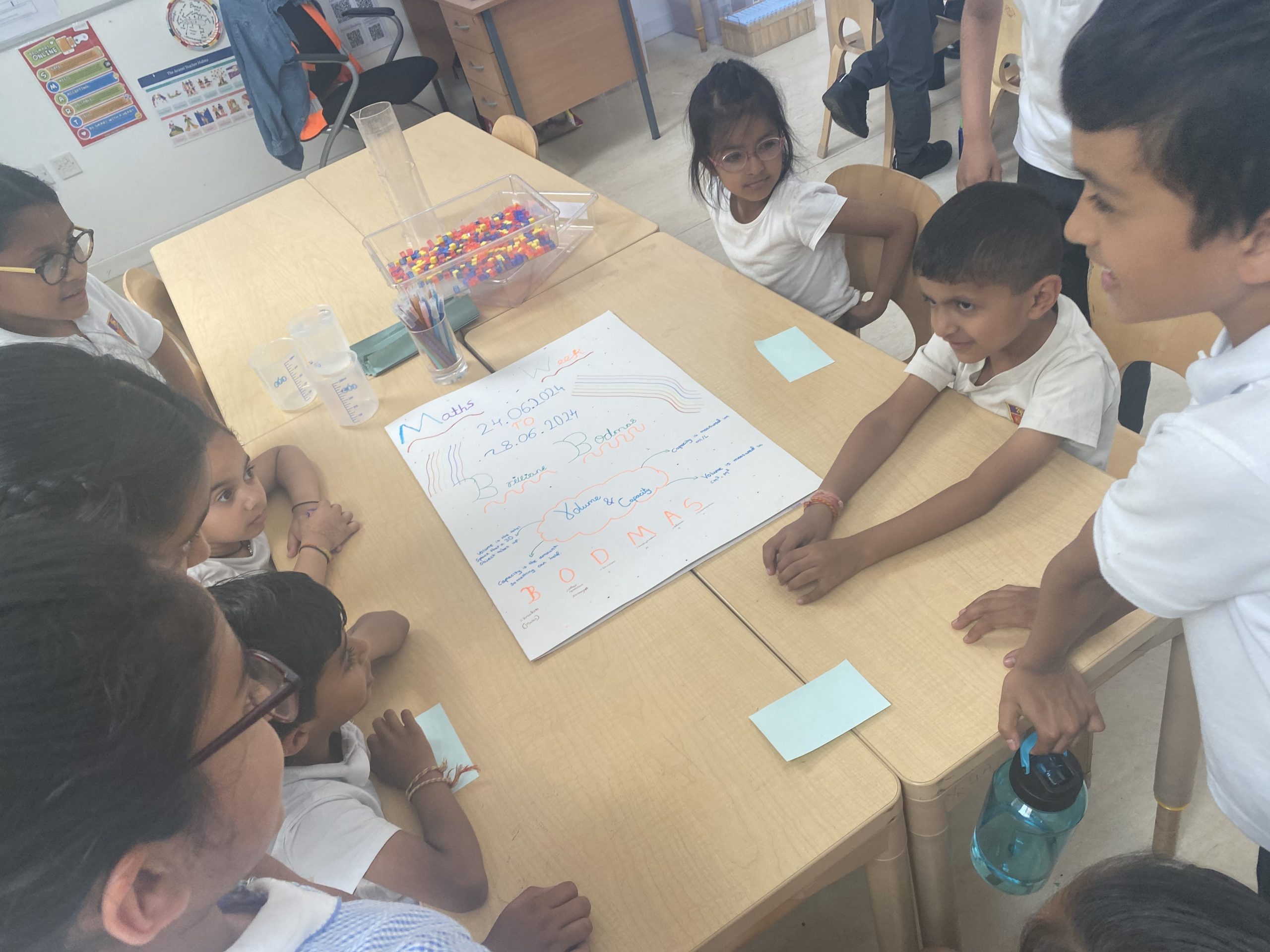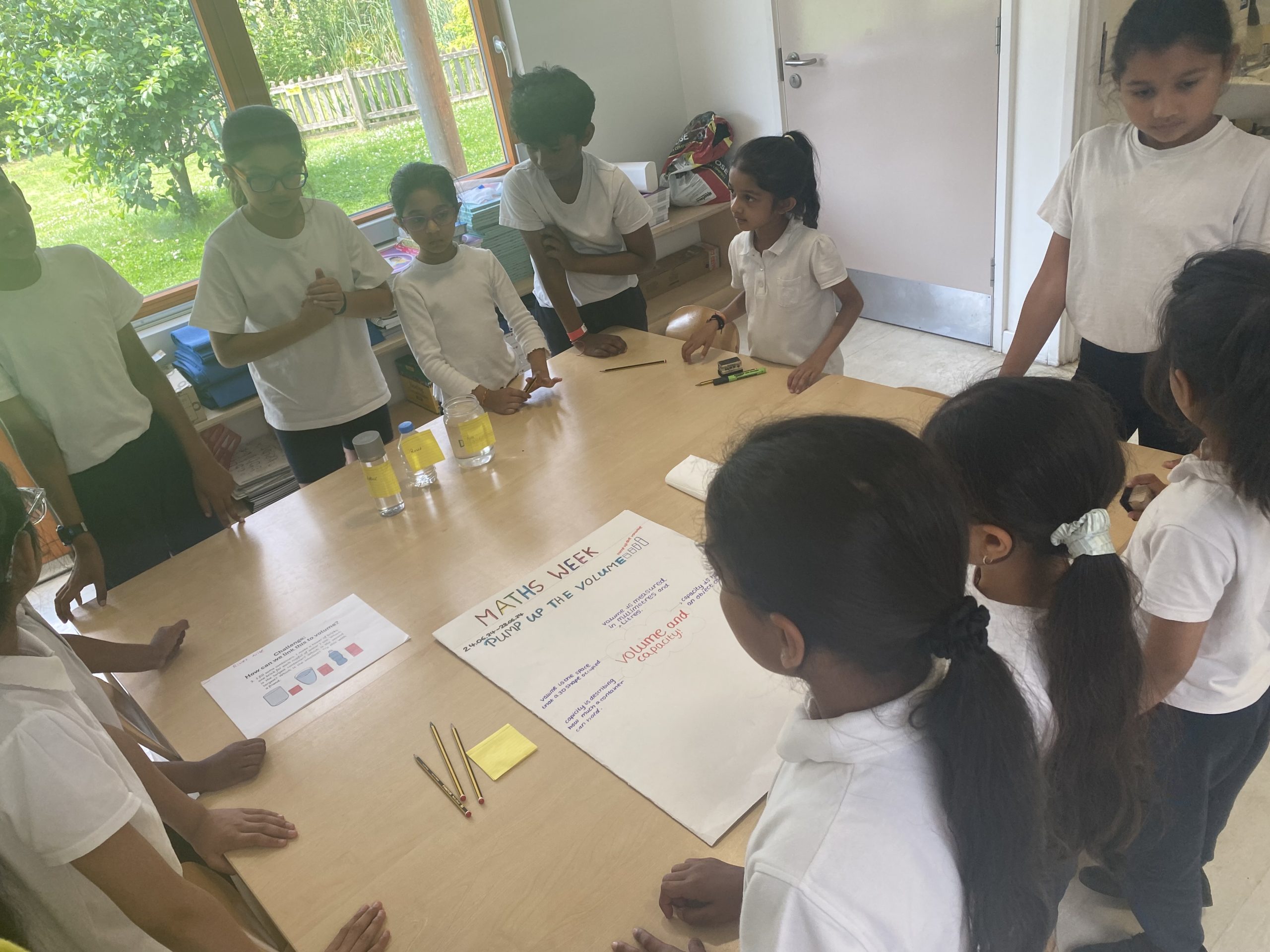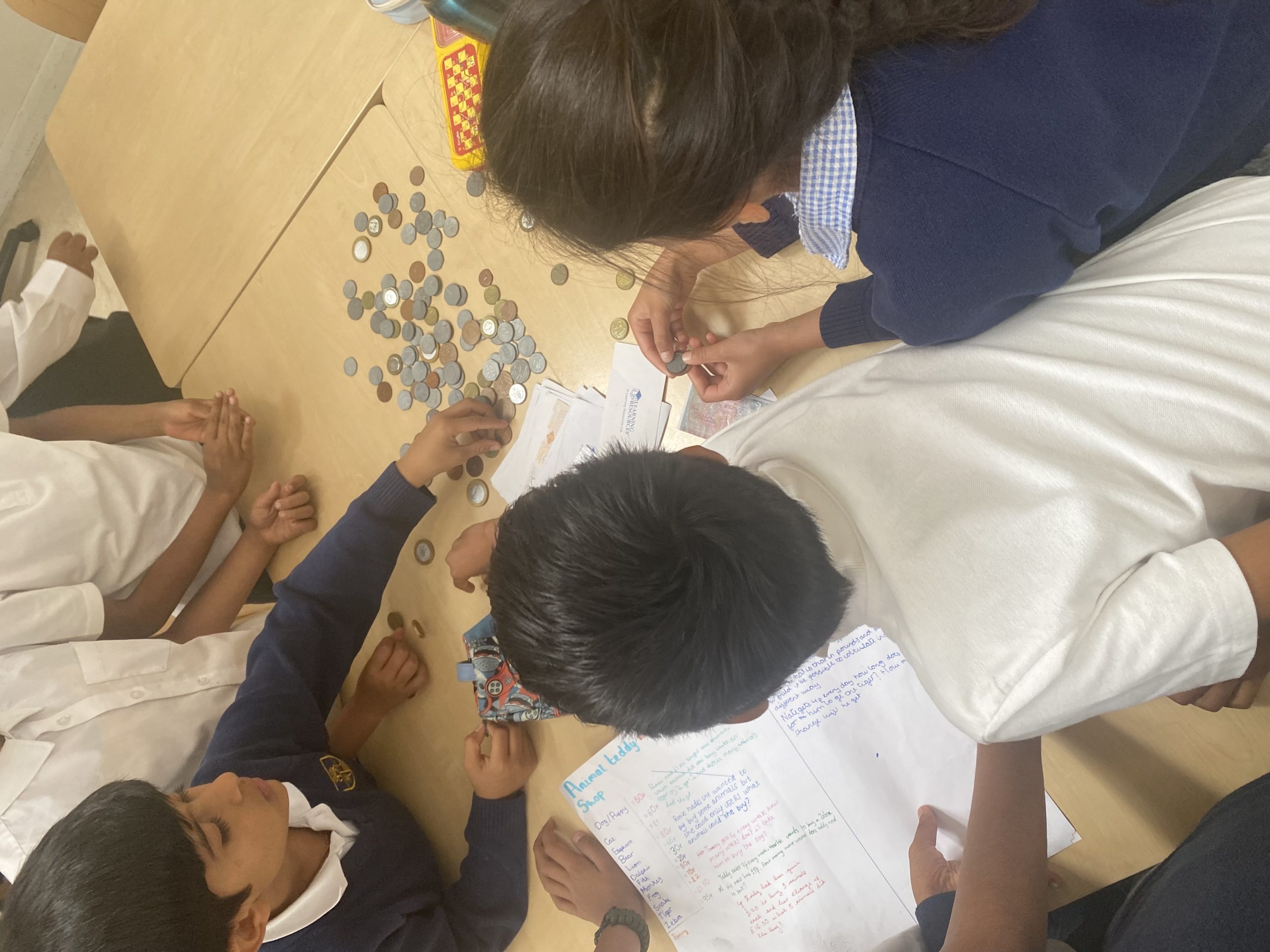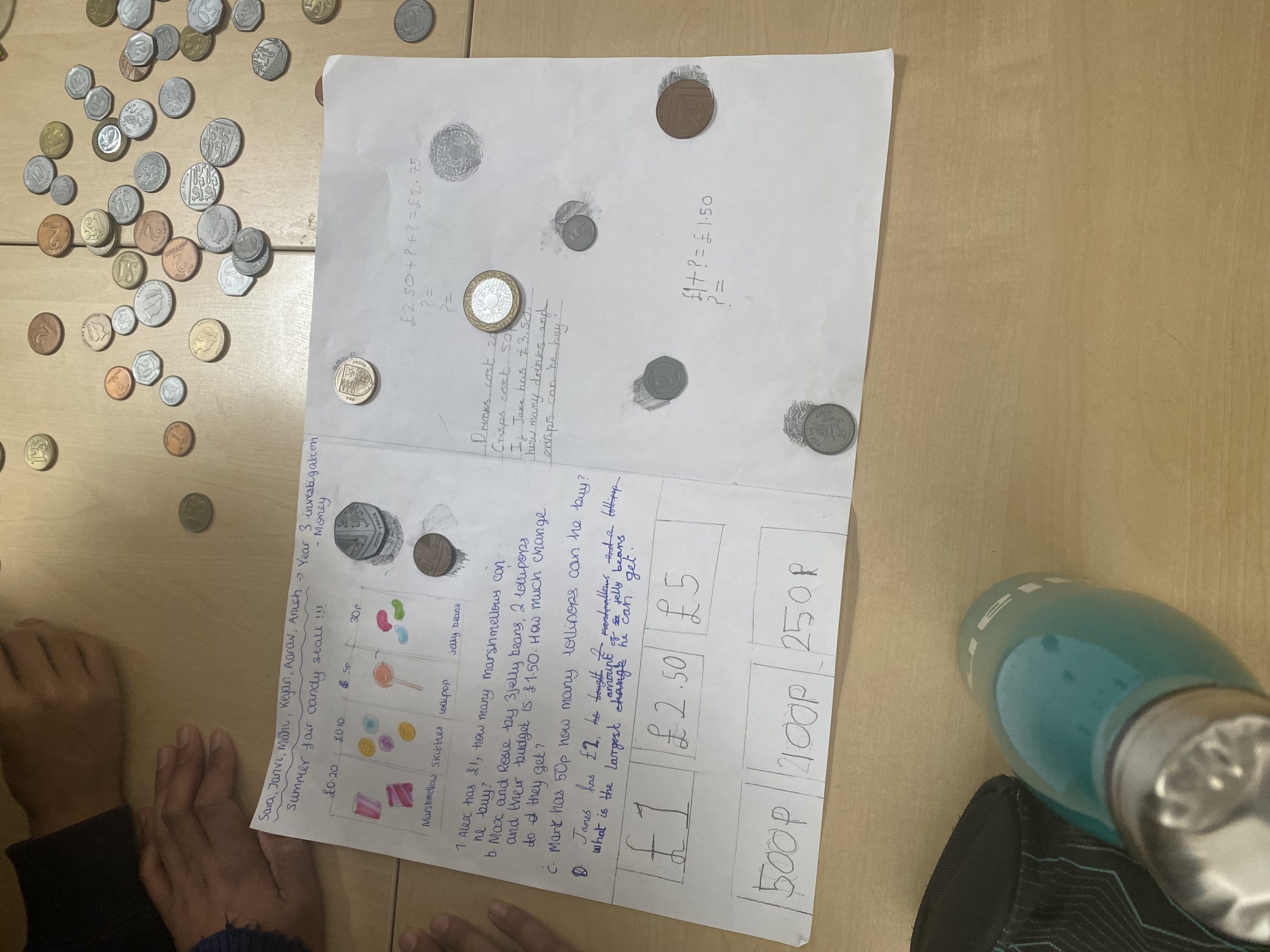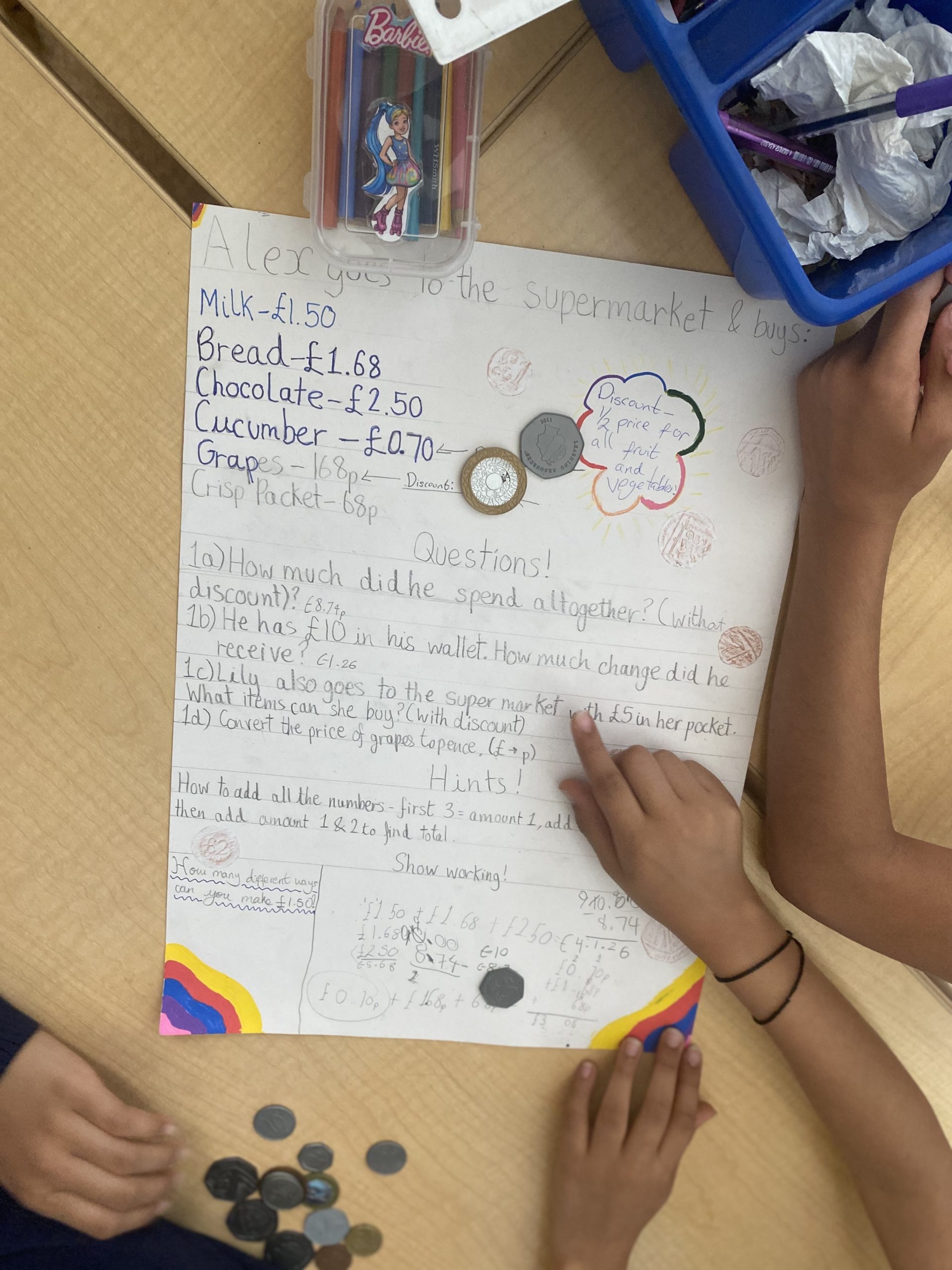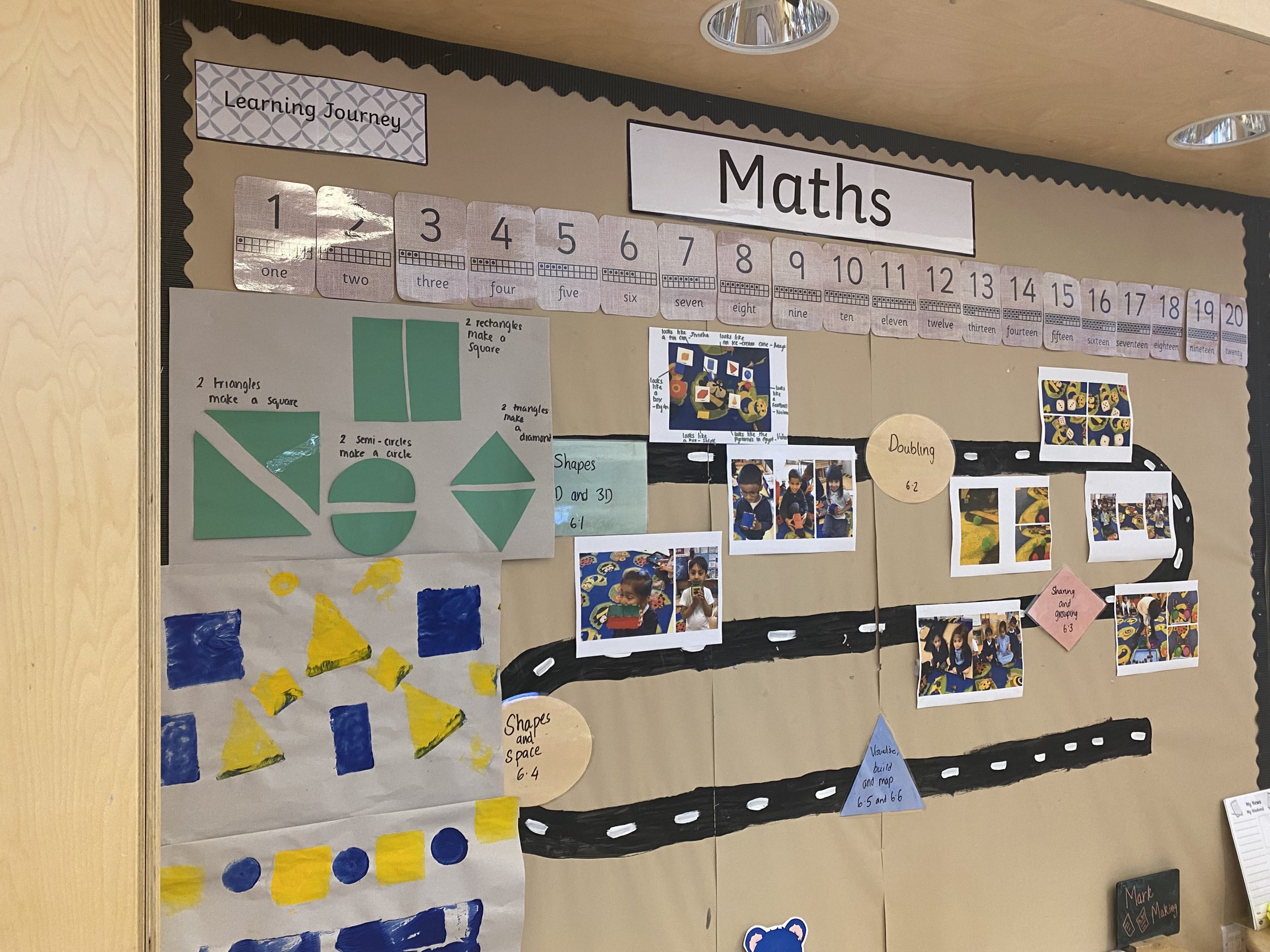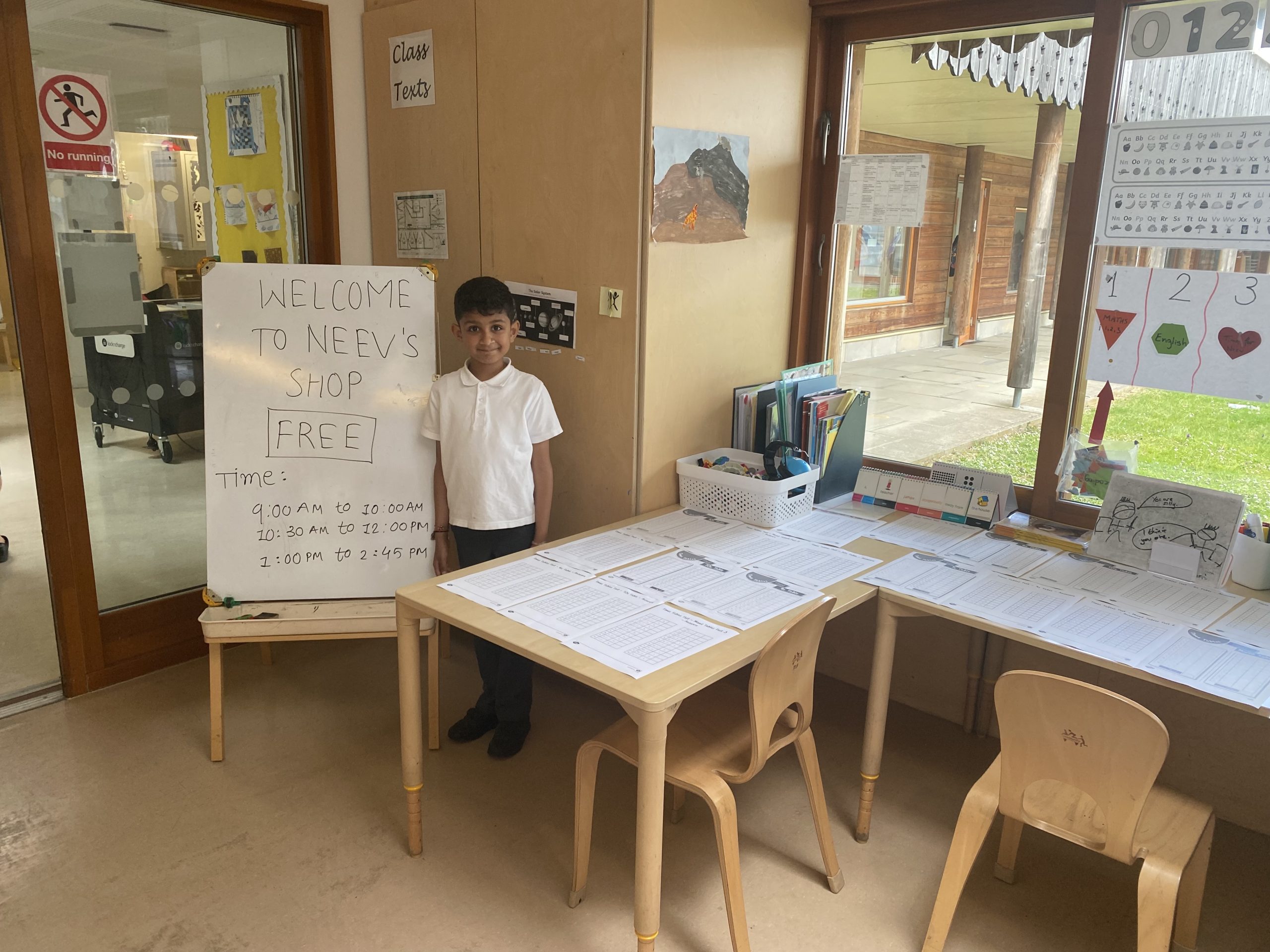Mathematics
Click here for more information about Maths at KAPSH...
At Krishna Avanti Primary School we believe that mathematics is a tool that equips the children to understand and change the world. To be fully integrated into society we all need to be able to communicate mathematically, which includes being able to reason, solve problems, and to think abstractly. The intention of our curriculum is to implement a mastery approach to teaching and learning which will provide all children with a rich, balanced, and progressive curriculum. Confidence, resilience and perseverance are encouraged to enable them to believe in themselves as mathematicians.
At the core of our curriculum is the concrete, pictorial, and abstract approach to maths. Our children are taught and encouraged to explain their choice of methods and develop their mathematical reasoning skills whilst recognising that mathematics underpins much of our daily lives. Teaching is underpinned by methodical curriculum design and supported by carefully crafted lessons and resources to foster deep conceptual and procedural knowledge. Please view our calculation policy to see this in action. Mathematics is taught to whole classes, where the majority of the pupils’ progress through the curriculum content at the same pace with opportunities to deepening their understanding and application. Underpinning the journey for our young mathematicians is fluency, reasoning and problem solving. This journey plays a central role where learning is carefully designed to include variation, fluency development and key understanding of underlying mathematical concepts.
Maths Week 2024
At KAPSH, we had a fantastic time celebrating Maths Week, where we inspired our children to see the relevance of maths in everyday life! This year’s theme focused on ‘reasoning and problem-solving challenges,’ with KS2 pupils designing and leading engaging investigations for KS1 students. This exciting initiative not only allowed children to explore mathematical concepts in a fun and interactive way but also helped them develop essential leadership and teamwork skills. By working together to tackle complex problems, they strengthened their logical thinking, creativity, and confidence in applying maths beyond the classroom.

